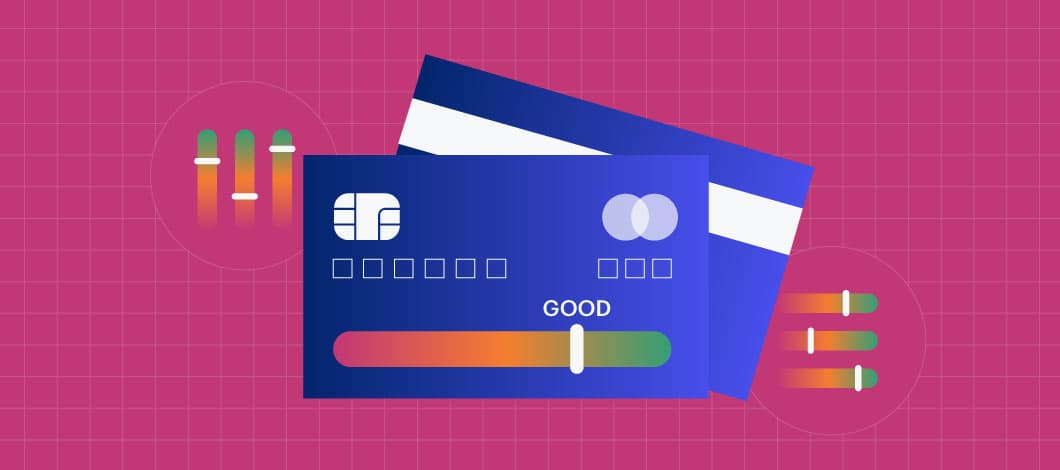Many people are under the assumption that personal credit reports are private and can not be accessed by anyone else. However, this is simply not true. A personal credit report is comprised of a lot of information.
All the information mentioned in your personal credit report is very important. For example, there will be some identifying information in your personal credit report, such as your name, address, Social Security number, date of birth and employment information. The Fair Credit Reporting Act states that your personal credit report can be obtained for any purpose.
Businesses, friends, family, and future employees can take a look at your personal credit report at anytime. Private Citizens can also access the personal credit report of any business that they are considering using in the future. This demand has created a hugely profitable market for the top three credit bureaus. They can easily sell your personal credit report to anyone who is prepared to pay.
The reason why the Credit Reporting Agency has these rules that basically work against customers rights is because people do not know that their personal credit reports can be obtained so easily, and the people who do know do nothing about it. Another problem arises from this lack of privacy – criminals can access your personal credit report and then use your credit information including your name, address, and social security number.
The best way to make sure you are not being taking advantage of is to obtain a copy of your own personal credit report and check it for errors. If your credit score on your personal credit report is low it can take a long time to repair and you have no real alternative but to be patient.
As technology advances there will continue to be problems with criminals accessing personal credit reports and using them in illegal ways. Until government legislation changes, our personal credit report and private information will be readily available to anyone who can pay the 9 dollars to access it. According to state law, all credit reporting agencies are required to provide you with two free copies of your personal credit report.
You can do this by phone or online with Annualcreditreport.com, Equifax.com, and Experian.com. Remember to know your rights as a private citizen, and understand that information you believe to private on your personal credit report may not be. Being educated and informed is the best way to prevent identity fraud and save your credit score.
What to look for when you review your credit report
When you review your credit reports, look for changes to your personal information. This includes account details, inquiries, and public record data. If something looks suspicious, double-check that it’s not a mistake on your end, then dispute the error.
Here are some common errors you could see in each section of your credit report:
Personal information
- Incorrect or incomplete name, address, or phone number
- Multiple birth dates
- Wrong social security number
- Inaccurate employment information
Accounts
- Unrecognized credit accounts, including revolving (credit cards and HELOCs) and installment accounts (mortgages and loans)
- Inaccurate status of the account, such as a closed account marked as open
- Incorrect payment history, such as a current account labeled past due
- Inaccurate account holder status, such as being listed as an authorized user when you’re a primary account holder
- Incorrect credit limits and balances
- Unknown utility, phone, and streaming accounts (when reported through Experian Boost™)
Inquiries
- Companies that pulled your credit report without your authorization or knowledge, potentially indicating a fraudster applied for an account in your name
Public records
- Bankruptcies, liens, foreclosures, civil suits, and judgments that you weren’t involved in
Benefits of monitoring your credit report
If you regularly review your credit reports, you’ll become more familiar with your finances and may find ways to improve your credit score. For instance, you may notice you’ve missed payments more often than you realized. Seeing a high balance on your credit card may motivate you to adjust your spending to lower your utilization rate. Raising your credit score can increase the chances you’ll qualify for the best financial products like credit cards and loans with competitive rates and rewards.
Another benefit of routinely checking your credit reports is that you can take early action against signs of potential fraud and dispute the errors right away. This can save you the hassle of dealing with bigger issues weeks or months after they occur.
In order to make the credit monitoring process easier, consider signing up for a free or paid credit monitoring service, which alerts you of changes to your credit report. Services like CreditWise®, Experian free credit monitoring, and IdentityForce® UltraSecure and UltraSecure+Credit can provide you with early notice of potential fraud, so you can take steps to protect your personal information.

